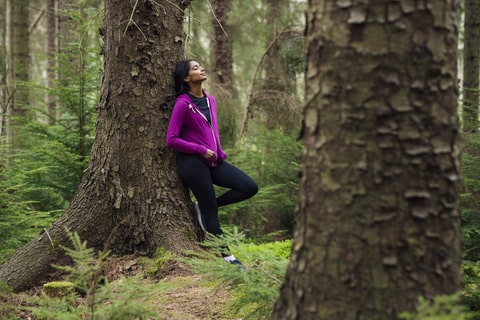Ethics involving wildlife
Explore different views on how we interact with wildlife and how we can take positive steps to protect animals and their habitats.
Last edited: 01/12/2025
Before you get started
Why is this important
Wildlife plays a vital role in our lives - from clean air and natural resources to mental wellbeing and biodiversity. Yet these benefits are often taken for granted.
By reflecting on how we treat wild animals and the spaces they live in, we can help everyone understand the importance of respect, responsibility, and the impact of human choices on the natural world.
Supported documents
Duke of Edinburgh worksheet [4 hours]

Instructions
Carrying out your project
Your views
As part of your research and discussion, consider the following questions:
- Do people treat wildlife with kindness?
- Who should be responsible for safeguarding wild animal welfare?
- What behaviour changes could people make to create a better world for wildlife?

Ask other people and reflect
Use the questions above to interview at least five people. This could include friends, family members, neighbours, or classmates.
- Record and summarise their answers.
- Reflect on what you’ve learned.
- Add your own thoughts and what changes you’d like to see.

celebrate your achievement
Together, We’re Making An Impact
Upload a file of your work, and we’ll add +1 to our impact counter - showing how many of you are making a collective difference.
